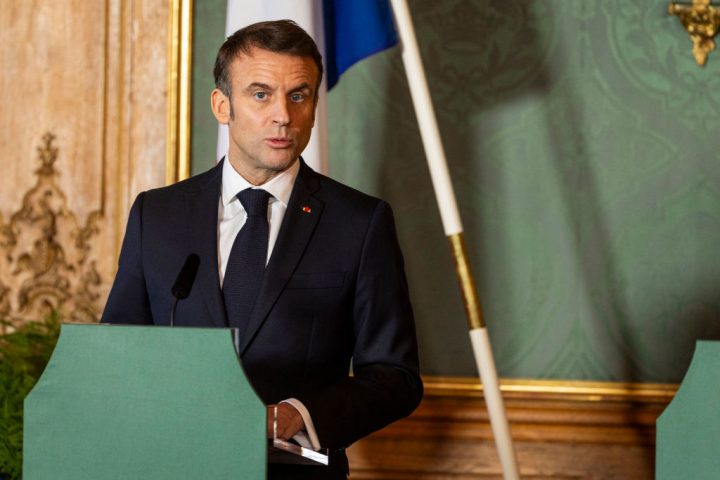Emmanuel Macron was predictably theatrical when he introduced his Bill on the end of life yesterday. In the proposed legislation, medical staff would be authorised to help their patients to die – which Macron described as a law of ‘fraternity’. He pronounced: ‘With this text, we look death in the face.’
Already a subscriber? Log in
Subscribe for just $2 a week
Try a month of The Spectator Australia absolutely free and without commitment. Not only that but – if you choose to continue – you’ll pay just $2 a week for your first year.
- Unlimited access to spectator.com.au and app
- The weekly edition on the Spectator Australia app
- Spectator podcasts and newsletters
- Full access to spectator.co.uk
Or




















Comments
Don't miss out
Join the conversation with other Spectator Australia readers. Subscribe to leave a comment.
SUBSCRIBEAlready a subscriber? Log in